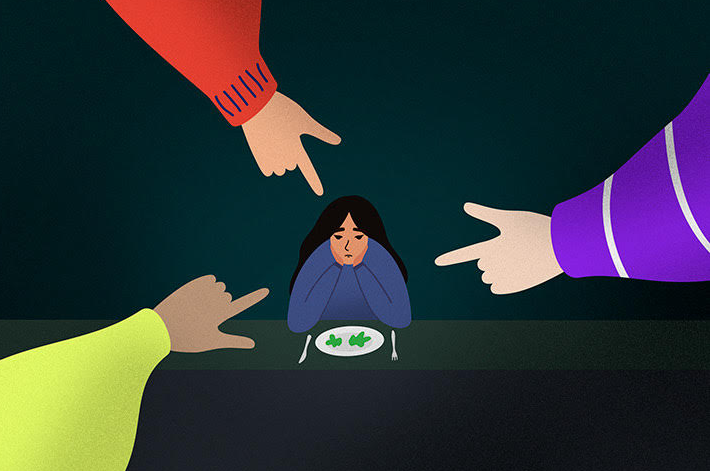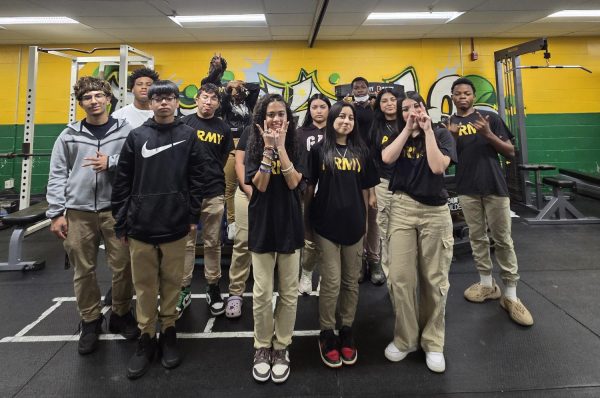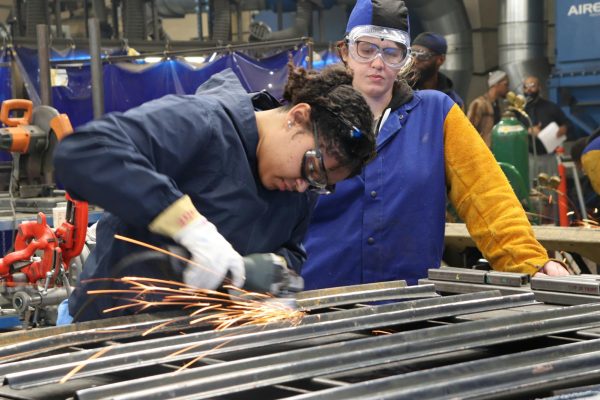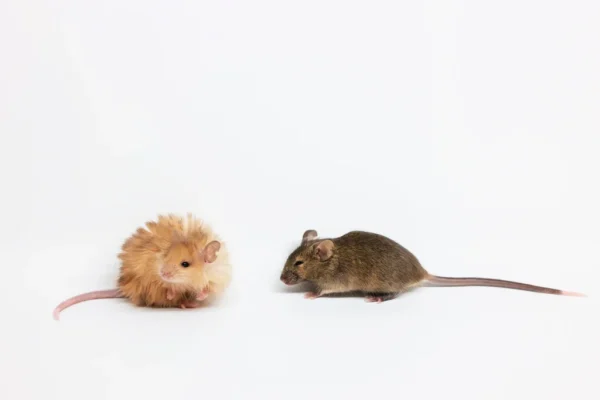What is it like to deal with an eating disorder in another country?
I’ve already spoken about my trip to the Philippines that happened recently.
Now, however, I will discuss the reality of my trip and the immense toll it took on me.
I deal with a Binge Eating disorder, which according to the National Institute of mental health, is the most common eating disorder in the United States. This means my relationship with food, like any other person with an eating disorder, is not the best.
I have struggled with this part of myself since I was about 8 years old. It has been a long journey, but I am trying to make a recovery and I am proudly 50 days sober. Going to the Philippines in December of 2022 took a massive toll on me that I wasn’t prepared for. 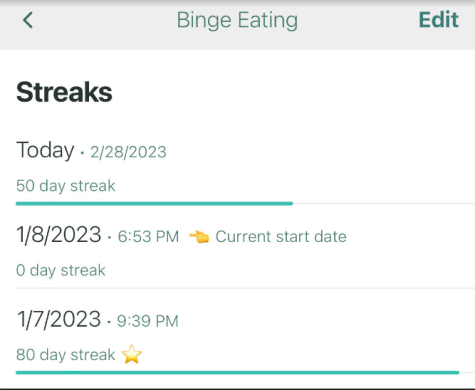
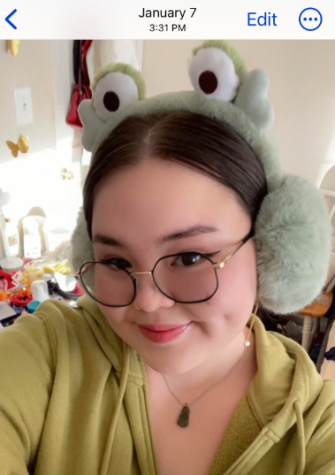
(my relapse log from 9 days after coming back from the Philippines)
(A picture of me taken on the day of my relapse, several hours before.)
I had already been warned prior to the trip that “Things were different there” and that I couldn’t bring any of the clothes I wear here because I would get looks for being fat. These comments alone from my family hurt, but I understood and took uncomfortable very dark cover-up clothes. I thought I had already mentally prepared myself for the looks and the judgment from people in public, but what really weighed on me was the direct judgment and criticism I received from my own family.
I was ignored and belittled. Even at a formal event in a beautiful dress and makeup, I was told that if I was skinnier, I’d look much prettier. This was told to me by a good chunk of my relatives that I hadn’t seen in 10 years, and I found it incredibly off-putting that they lead with that in their conversations with me. 
(Me in the outfit I was told I would look better in if I was thinner.
I already had to deal with fatphobia while in the U.S., but going to a whole new country where their ideas on body positivity are very different, it’s a change no one can be prepared for.
On Eatingdisordersreview.com according to Dr. Kathleen M. Pike and Dr. Patricia E. Dunne of the New York State Psychiatric Institute, “ … the rise in disordered eating throughout Asia is actually a result of unique cultural transformations in each country, including increased industrialization and urbanization, shifts in population, changes in the food supply, new gender roles, and alterations in traditional family structures.”
When I freshly arrived in the Philippines, I was met with judging looks, and it took me back to before I was able to feel comfortable and confident in my own skin. It had already taken so much time and work to get where I was. I was finally able to look in the mirror and be happy with what I saw, but outside opinions of people that weren’t used to body positivity caused me to rethink everything about myself.
Even though I have relatives that are bigger than me, they joined in on talking to me about how I’m not healthy and that I should partake in some unhealthy habits in order to lose some weight.
It brought me to the point where I fell back into old habits and after coming back from the Philippines, I relapsed on binge eating. I felt terrible, but it was an experience that helped me pick myself up and start fresh.
After some point in your life, you have to come to the realization that nobody can help you but yourself. You need to pick yourself up and cut out the toxicity in your life in order to truly heal. This part was hard for me because it’s a big part of my culture to be close to family, and so if healing meant I had to cut people out of my life, I’m choosing between me and my family’s satisfaction.
At some point, when it comes down to it, it’s okay to be selfish if it means healing yourself. 
(Me recently, still in recovery and moving forward with my healing process.)
Your donation will support the student journalists of Parkdale High School. Your contribution will allow us to cover our annual website hosting costs and publish some printed editions, as well.

